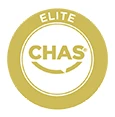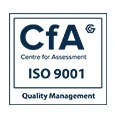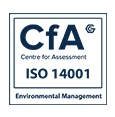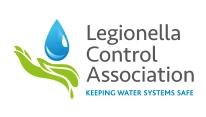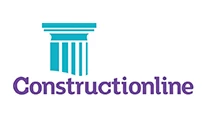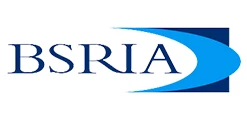Disinfecting water systems is essential for maintaining water quality, ensuring safety, and preventing the growth of harmful microorganisms.
Water disinfection involves the application of chemical or physical methods to eliminate or deactivate pathogens like bacteria, viruses, and protozoa that can cause waterborne illnesses. This process is critical in both potable (drinking) and non-potable water systems, as the presence of these microorganisms can pose significant health risks to building occupants and compromise operational efficiency.
Over time, water systems can become contaminated with debris, sediment, and organic matter that promote bacterial growth. Regular disinfection helps control the spread of illnesses such as Legionnaires’ disease and E. coli infections, ensuring that water used for drinking, showering, and other purposes is safe and compliant with regulatory standards. Effective disinfection practices are a fundamental aspect of proactive water management, contributing to a healthy and safe environment.
Furthermore, microorganisms and sediment can corrode pipes and clog components like filters, valves, and nozzles. Disinfecting the system prevents such fouling, extending the lifespan of the plumbing infrastructure.
How we can help
We have specialised knowledge in water system disinfection and are well-versed in industry best practices. Our years of experience handling complex systems ensure thorough and effective disinfection, tailored to each system’s requirements and client’s needs. We provide customised services for different types of clients, from commercial and residential buildings to healthcare facilities, schools, hotels and industrial premises.
We can disinfect hot and cold water systems and newly installed plant equipment and pipework. We are also highly experienced in pool balance tank cleaning and MDPE pipework disinfection.
Our solutions are tailored to the size, complexity, and specific challenges of each water system. Our disinfection methods are selected following an assessment of the system, these methods include:
- Chlorination and other chemical treatments
This method involves introducing chemicals into the water system to kill or deactivate microorganisms. Chlorination is a widely used and effective method for large-scale disinfection, ensuring thorough elimination of pathogens. Other chemical treatments may be used where there are specific issues such as biofilm or where chlorine is unsuitable.
- Thermal disinfection
This utilises high temperatures to eradicate microorganisms. This process involves circulating hot water, typically above 60°C (140°F), through the water system for a specific duration. Thermal disinfection is particularly effective for controlling Legionella bacteria and is a chemical-free option. - UV treatments for environmentally friendly options
This method employs UV radiation to damage the DNA of microorganisms, preventing them from reproducing. This method is suitable for point-of-use or whole-building disinfection, providing an effective barrier against pathogens without leaving residual chemicals in the water.
We prioritise safety, using environmentally friendly and non-harmful disinfection methods when possible. Further precautions are taken to prevent disruption or harm to building occupants during the process. On completion of disinfection, we provide accurate documentation and reports, demonstrating due diligence and meeting legal requirements.
Providing optimal water treatment & Legionella control solutions to businesses nationwide
-
Healthcare Heating System
Discover how we restored warmth and efficiency to a healthcare facility.
-
Office Water Temperatures
Learn how we ensured tenant comfort and water safety compliance in a commercial office block.
-
Production Legionella Control
Explore how we delivered rapid, comprehensive Legionella compliance in response to an external audit.
Looking for reliable and effective water treatment solutions for your business?
Contact us today to learn more about our services and how we can help you.
Contact us for information

